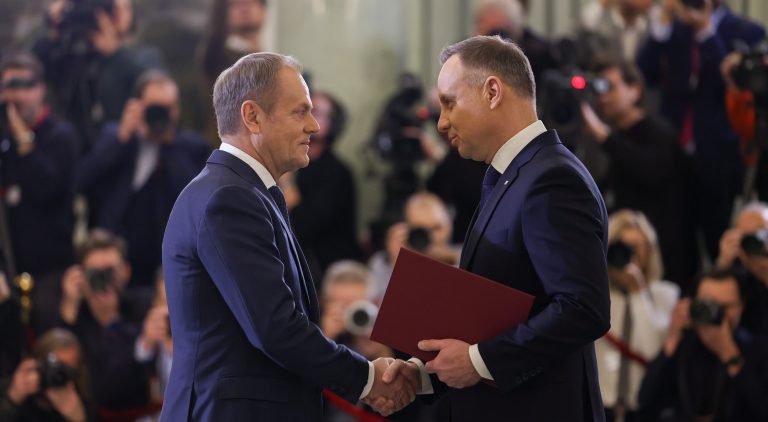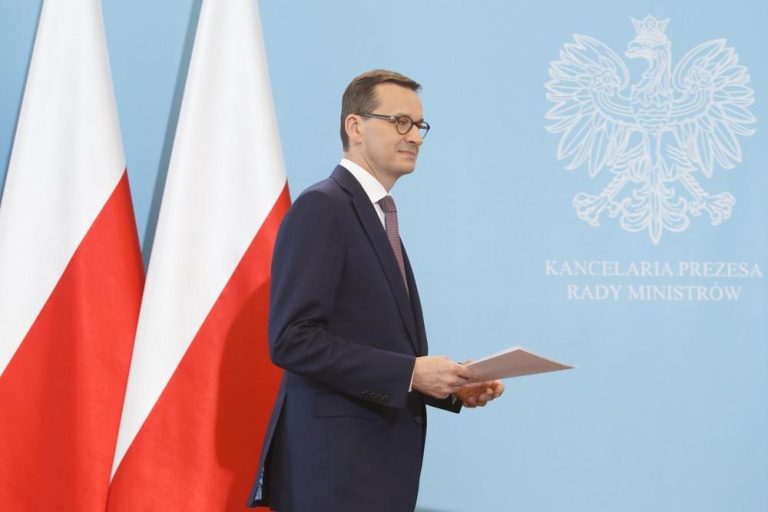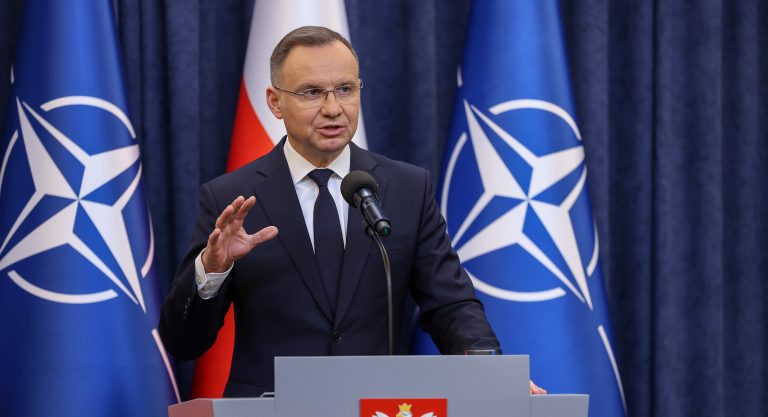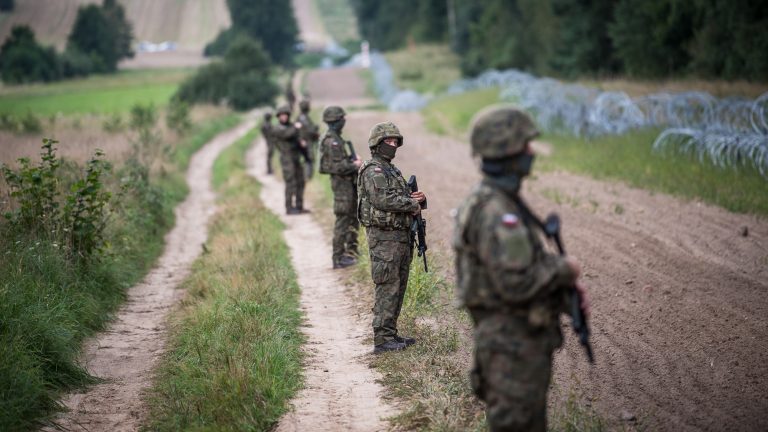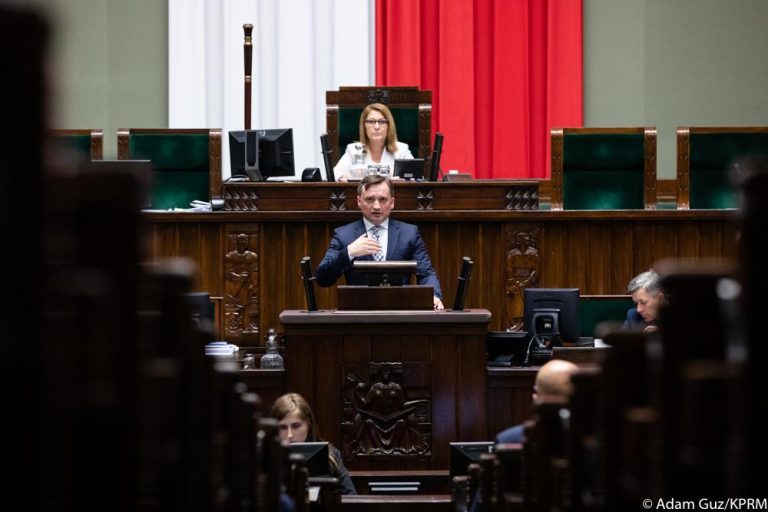Germany has returned 4,600 illegal border crossers to Poland this year, half of them Ukrainians
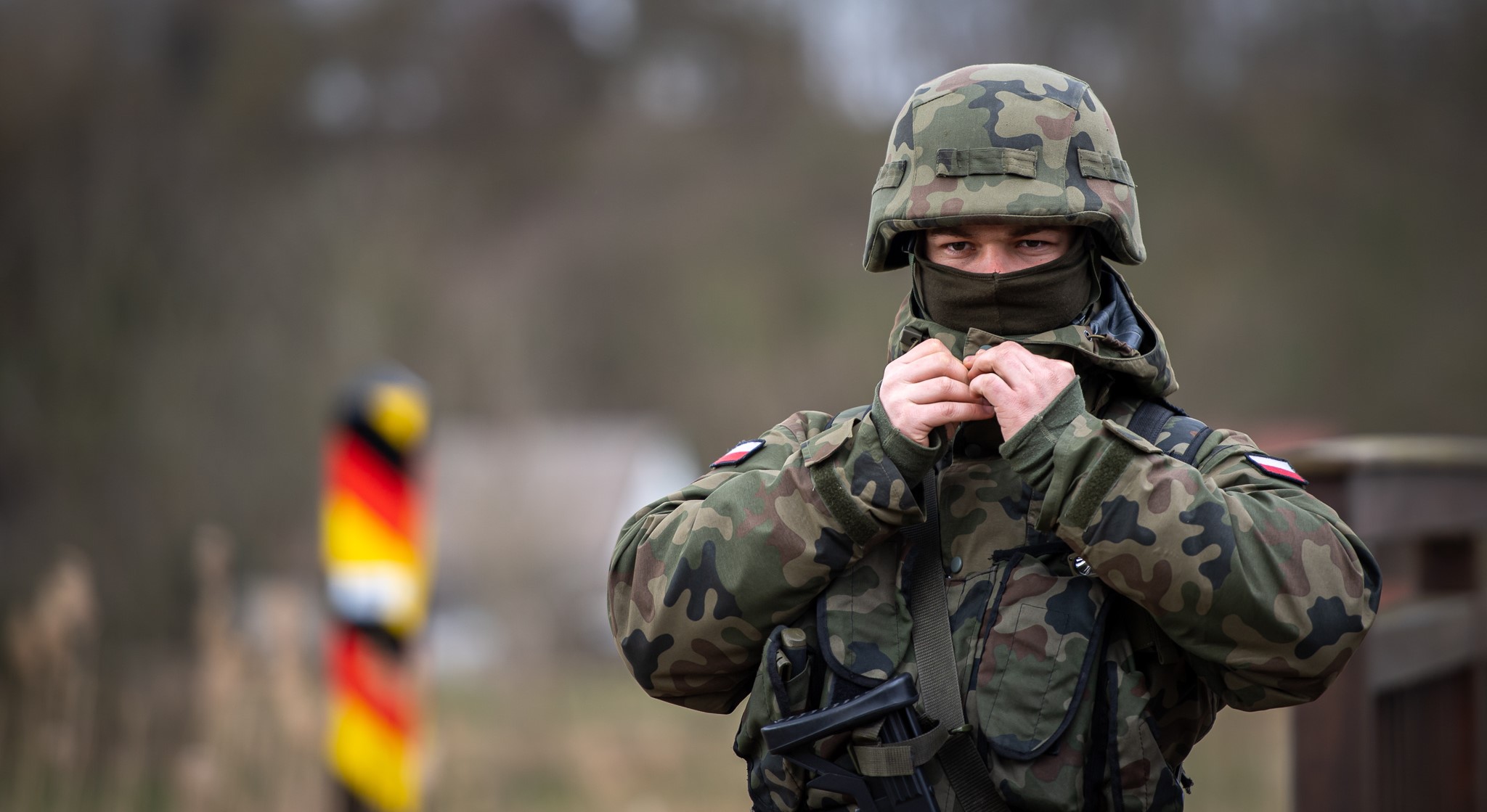
The German authorities have so far this year sent back over 4,600 people to Poland who attempted to illegally enter Germany. Around half of them were Ukrainian, with the next largest national groups being Syrians and Afghans.
The figures, provided by the German federal police to Polish news website Interia, come amid controversy in Poland over the return of migrants from Germany.
Poland’s interior minister today reiterated that the German authorities have accepted that the recent case of a family of Aghan asylum seekers returned to Poland was carried out in violation of procedures. He said, if it happens again, the Polish government will consider introducing controls on its side of the German border.
Policja Federalna Niemiec przekazała @Int_Wydarzenia z jakich państw są migranci zawróceni na granicy z 🇵🇱. To w sumie 4617 osób od początku roku. Największą grupę w tej liczbie stanowią obywatele 🇺🇦. https://t.co/9HHH61RjkN
— Jakub Krzywiecki (@kubakrzywiecki) June 26, 2024
Interia notes that there are three circumstances in which Germany can return people to Poland. The first, under the EU’s Dublin Regulation, requires that those who have applied for asylum in an EU member state should remain there while it is processed.
The second, known as “readmission” and stemming from a Polish-German agreement, means that people found to be illegally staying in Germany and who arrived there from Poland can be returned.
In both such cases, Germany must inform Poland of any returns. The Polish border guard told Interia that, between the start of the year and 6 June, Germany returned 126 people under the Dublin Regulation and 164 based on readmission.
Poland has called on Germany to explain an incident in which German police transported a group of migrants to the Polish side of the border and left them there.
A German spokesman says they are Afghans with refugee status in Poland so had to be returned https://t.co/QG7ACX7Fb7
— Notes from Poland 🇵🇱 (@notesfrompoland) June 17, 2024
However, far larger numbers have been sent back to Poland under a third set of circumstances, which are regular border controls (which Germany reintroduced on the Polish border last year and has stepped up around the current European football championships that it is hosting).
“If they find that a person cannot enter their territory, they simply turn them back,” Major Krzysztof Grzech from Poland’s border guard headquarters told Interia. “They don’t have to inform us about it.”
Grzech notes that Poland does exactly the same thing when, for example, someone arrives at a Polish airport who is not allowed into the country. They are then sent back to the place they travelled from.
In recent years Poland has also been “pushing back” thousands of migrants attempting to illegally cross its border from Belarus.
Poland carried out over 6,000 so-called „pushbacks” of migrants who crossed the border from Belarus between July 2023 and January 2024.
It is the first time the government has released data on the practice, which has been criticised by human rights groups https://t.co/DA5mCB7vAC
— Notes from Poland 🇵🇱 (@notesfrompoland) February 7, 2024
Interia asked the German federal police how many people have been returned to Poland this year, and were told that the figure is 4,617. Among those, 2,292 were Ukrainians. The next largest groups were Syrians (350), Afghans (309), Georgians (213) and Indians (112).
A spokeswoman for the German police, Franziska Gorski, told Interia that “countries from which illegal entry into German territory occurred or was attempted are obliged to take back persons who were refused entry to German territory…without any additional requirements and formalities”.
She added that the German police aim to physically hand over people to the Polish authorities. “However, if this cannot be guaranteed for staffing, organisational or other reasons, refusal of entry is still permissible,” said Gorski.
Poland’s interior minister says the German authorities have apologised for the incident in which an Afghan family was transported over the border and left in Poland.
They told him it was a „one-off incident, simply a mistake by German police officers” https://t.co/M2TDNn6jYF
— Notes from Poland 🇵🇱 (@notesfrompoland) June 20, 2024
Earlier this month, a political storm broke out in Poland after CCTV footage showed German police transporting six Afghans over the border to Poland and then leaving them there.
Poland’s interior minister, Tomasz Siemoniak, later said that German authorities had accepted that the incident was a “one-off mistake” and apologised for it.
Speaking today to broadcaster Radio Zet, Siemoniak noted that a special Polish-German taskforce led by deputy ministers from both sides has been established to ensure that “nothing like this will ever happen again”.
If it does, “we will have to react at a new level” and “we may consider introducing controls at the border with Germany”, said the minister.
.@TomaszSiemoniak: Stworzyliśmy polsko-niemiecką grupę pod przewodnictwem wiceministrów, gorącą linię i oczekujemy, że nigdy więcej coś takiego się nie wydarzy. Jeśli się wydarzy? Będziemy domagali się wyjaśnień. Możemy rozważyć wprowadzanie kontroli na granicy z Niemcami‼️
— Gość Radia ZET (@Gosc_RadiaZET) June 27, 2024
Notes from Poland is run by a small editorial team and published by an independent, non-profit foundation that is funded through donations from our readers. We cannot do what we do without your support.
Main image credit: Combat Camera Poland/Flickr (under CC BY-NC-ND 2.0)

Daniel Tilles is editor-in-chief of Notes from Poland. He has written on Polish affairs for a wide range of publications, including Foreign Policy, POLITICO Europe, EUobserver and Dziennik Gazeta Prawna.

